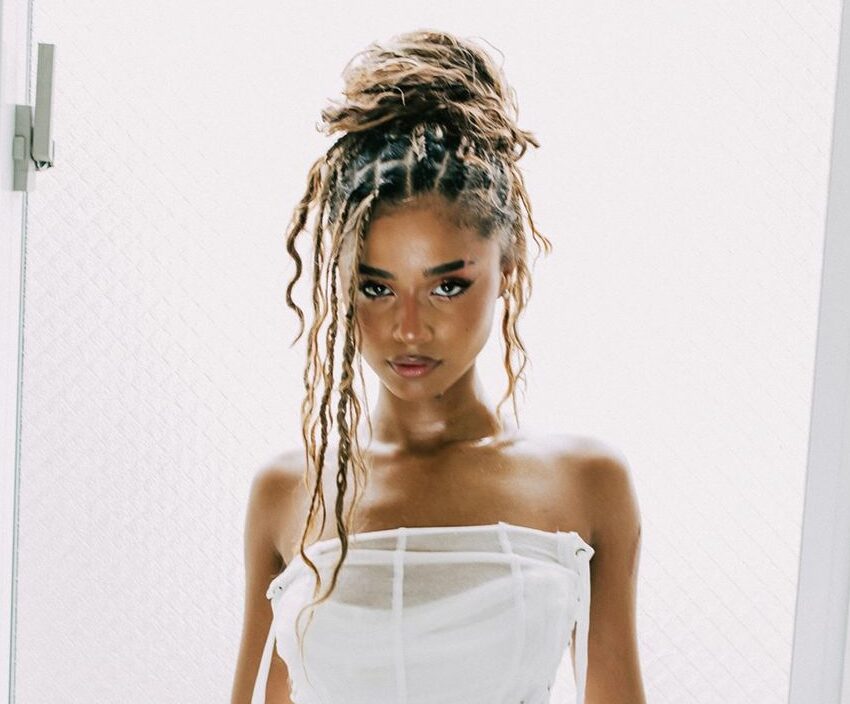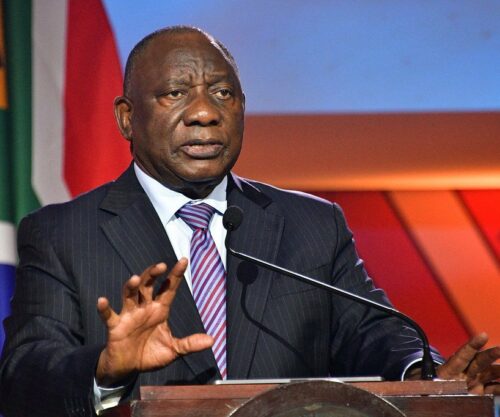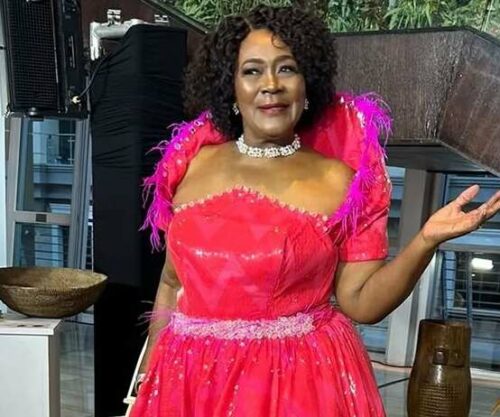
Anyone familiar with it can attest to the quality and diversity of African music, with a wide variety of cultures and influences, African music, similarly to that of the West is nuanced, and complicated.
With the world progressing at such a rapid rate, the need for global inclusion has become apparent, as conversations that began way before us are now being amplified more than ever. Artists all over the world, particularly in Africa, are breaking into the Western music scene, and the conversation of genres has come up once more, as there is a consensus that the West has failed to correctly categorise African artists when it comes to award shows.
Recently, South African artist Tyla, who is popular for her unique ‘popiano’ genres that merge the local amapiano sound with pop, won the category of Best Afrobeats song, for her sensational song Water. In her acceptance speech, she echoed the sentiment of needing to categorise African artists accordingly.
Although Tyla represents amapiano as it is currently a local sound making waves internationally, she has expressed her desire to be regarded as more than just an amapiano artist.
“This is so special but bittersweet because I know there is a tendency to group all African artists under Afrobeats… even though Afrobeats has run things and opened doors for us, African music is so diverse, it’s more than just Afrobeats. I come from South Africa, and I represent Amapiano and my culture…” she said.
African music is so diverse, it’s more than just afrobeats”
Tyla wins best afrobeats award at the VMA’s #VMAs #vmas pic.twitter.com/WPFEXwMvLV
— BlacVolta (@BlacVolta) September 12, 2024
During an interview with the popular American radio show The Breakfast Club, Nigerian artist Tems, revealed that originally, Afrobeats music was made by and tailored specifically for the Nigerian demographic.
“If you like afrobeat, you can join us in the enjoyment of it, but afrobeat was tailored for Nigerian people originally. It uplifts the Nigerian people,” she says.
?????: I’m really holding back from commenting on some inaccuracies in Tems’ discussion of Afrobeats during her Breakfast Club interview to avoid being labeled a ‘hater.’
It’s explanations like hers that sometimes misrepresent the scene and often comes back to bite them as… pic.twitter.com/OwtzeZkqPT
— Ölele | DTS????? (@OleleSalvador) September 12, 2024
As previously stated, this discourse is not new, as Africans and artists across the world have been continuously speaking up against these small acts of exclusion and erasure. The United States was once the epicentre of global entertainment, however, things have become less centralised, which calls for a shift in the status quo.
African artists are just as capable of producing mainstream genres such as R&B, as we have seen with the likes of Elaine and Manana, and Hip-Hop, with a plethora of artists keeping the genre alive while trailblazing in new avenues for those still to come.
Also see: Tygers school YouTuber Armon Wiggns on his salty take on Tyla




